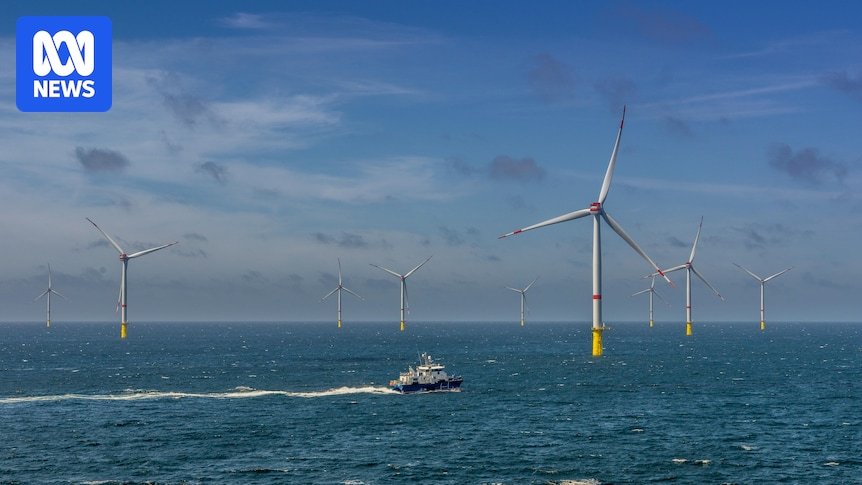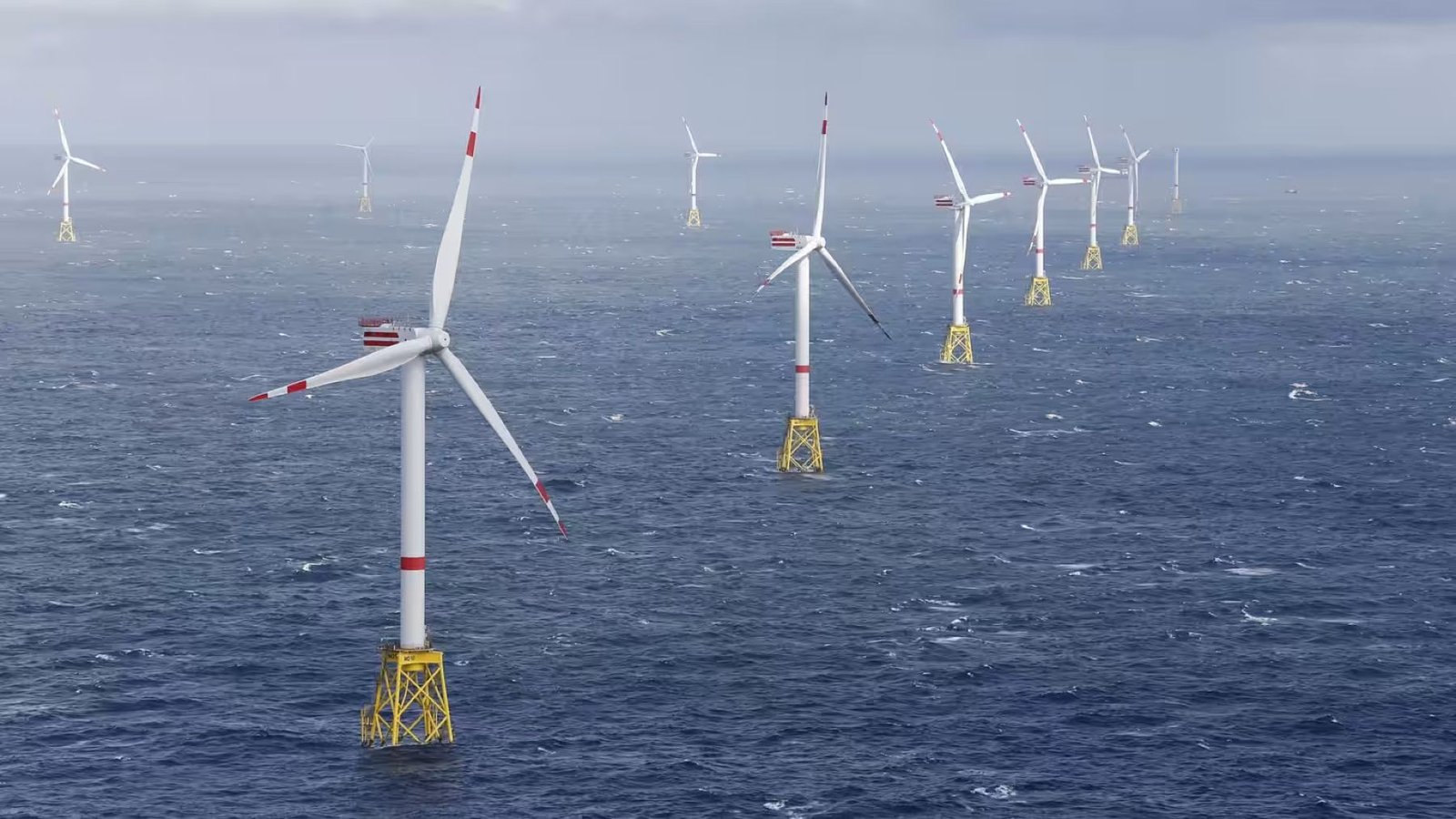European developers are making progress toward establishing Western Australia’s first offshore wind farm, with two multinational companies nearing approval for feasibility studies. The Australian federal government has given preliminary approval to EDF Power Solutions Australia and Ocean Winds, while a third proposal by Wind with Purpose was rejected.
EDF’s proposal, titled Bunbury Offshore Wind Farm North, aims to produce 1.5 gigawatts of energy, creating approximately 900 construction jobs and 450 ongoing positions. This output would represent about 10% of the Bunbury zone’s estimated capacity and 3% of the additional energy anticipated by 2042. EDF’s second project, Bunbury Offshore Wind Farm South, is also under consideration alongside Westward Wind, which belongs to Ocean Winds, a joint venture between Spain’s EDP Renewables and France’s ENGIE.
Before moving forward, both developers must consult with local First Nations groups to secure the necessary feasibility licenses. The race to build this offshore wind farm has faced hurdles since Bunbury was designated as one of six offshore wind zones by the Australian government in 2022. Initially, nine developers expressed interest, but this number has now dwindled to three.
Copenhagen Energy, one of the early contenders, withdrew from the process, citing challenges that favored larger multinationals over local community engagement. EDF and Ocean Winds, while both large companies without offices in WA, have shown ongoing interest in Australia, having previously applied for projects on the east coast. Ocean Winds recently received approval for a feasibility license in Gippsland, Victoria, while EDF’s bid for Newcastle’s offshore wind zone faced rejection.
An EDF spokesperson expressed support for the preliminary approval, emphasizing their commitment to a consultative development process. The spokesperson noted that the project could aid WA’s energy transition and provide long-term benefits to local communities and the economy.
In Europe, both EDF and Ocean Winds have encountered rising political resistance against renewable projects, with France imposing a moratorium on new solar and wind initiatives and Spain facing scrutiny due to recent blackouts.
The Bunbury offshore wind project has also encountered local opposition, and the WA government has yet to take a definitive stance. However, the recent federal election victory by the Labor Party has given developers more confidence in the renewable energy sector’s future in Australia.
Wind with Purpose, which partnered with the local Aboriginal corporation Gnaala Karla Booja for its proposal to develop the Catalpa Offshore Wind Farm, plans to appeal its rejection. The company, which aims to supply energy to the Kwinana Rockingham Industrial area, is disappointed but optimistic about the appeal process, citing the government’s recognition of their partnership with GKB.
In summary, the prospects for offshore wind development in Western Australia are advancing, with EDF and Ocean Winds leading the charge, while local partnerships remain crucial for future projects.




